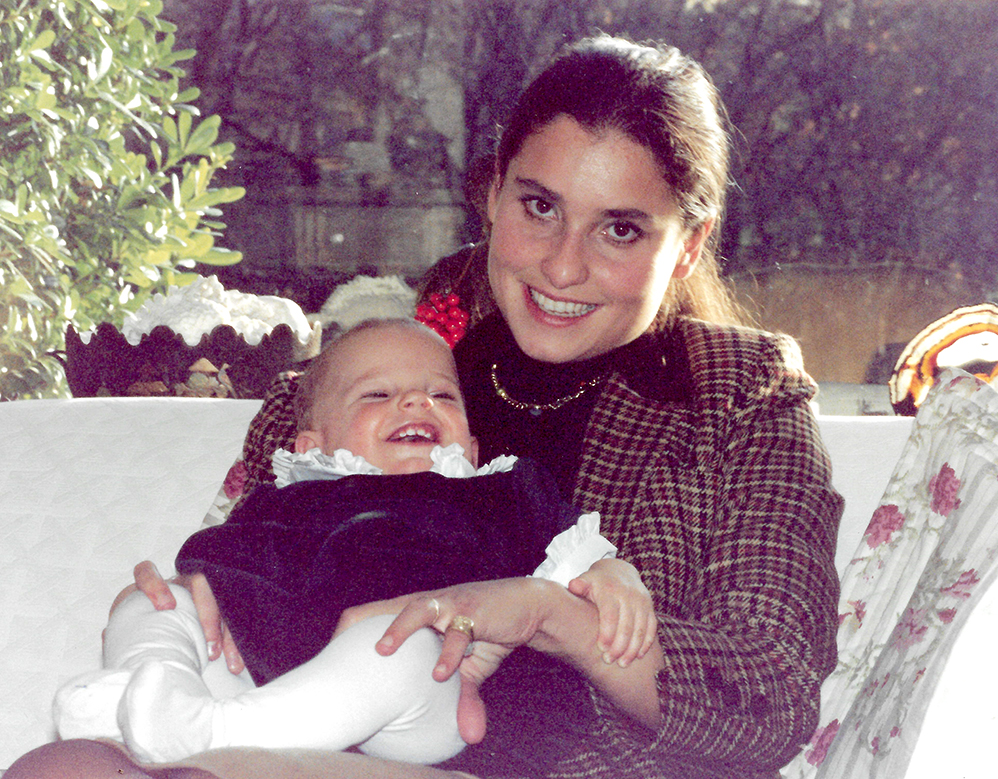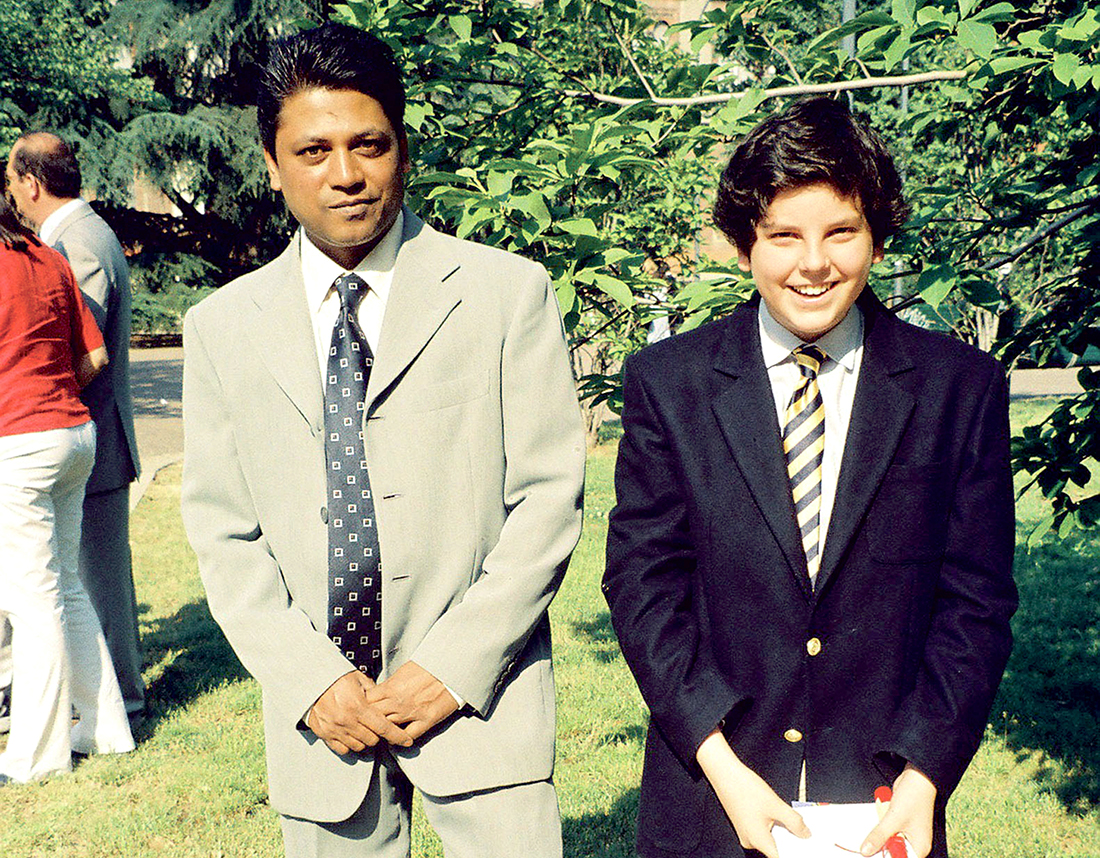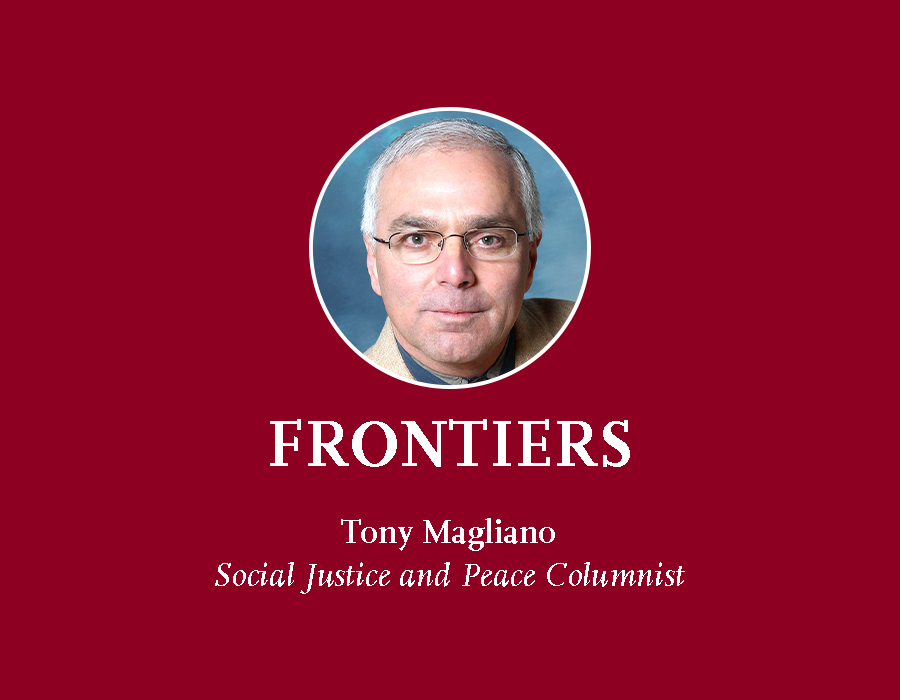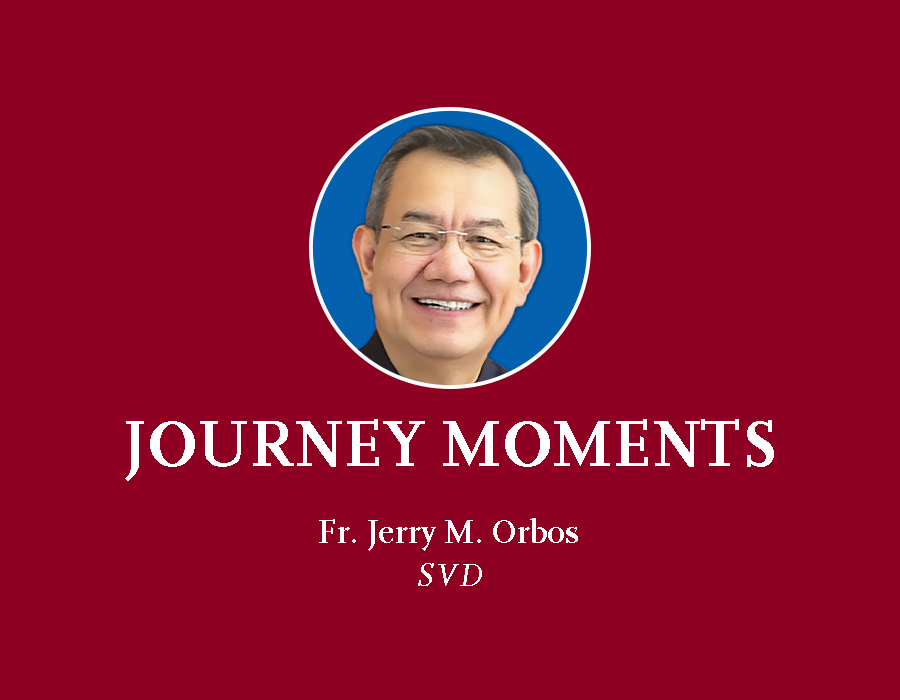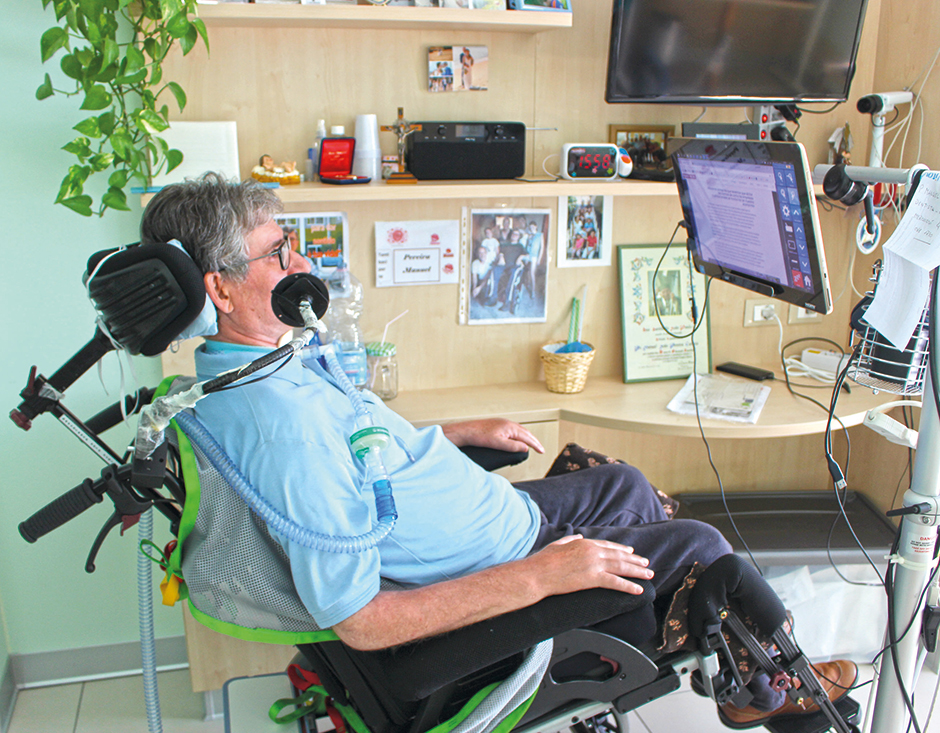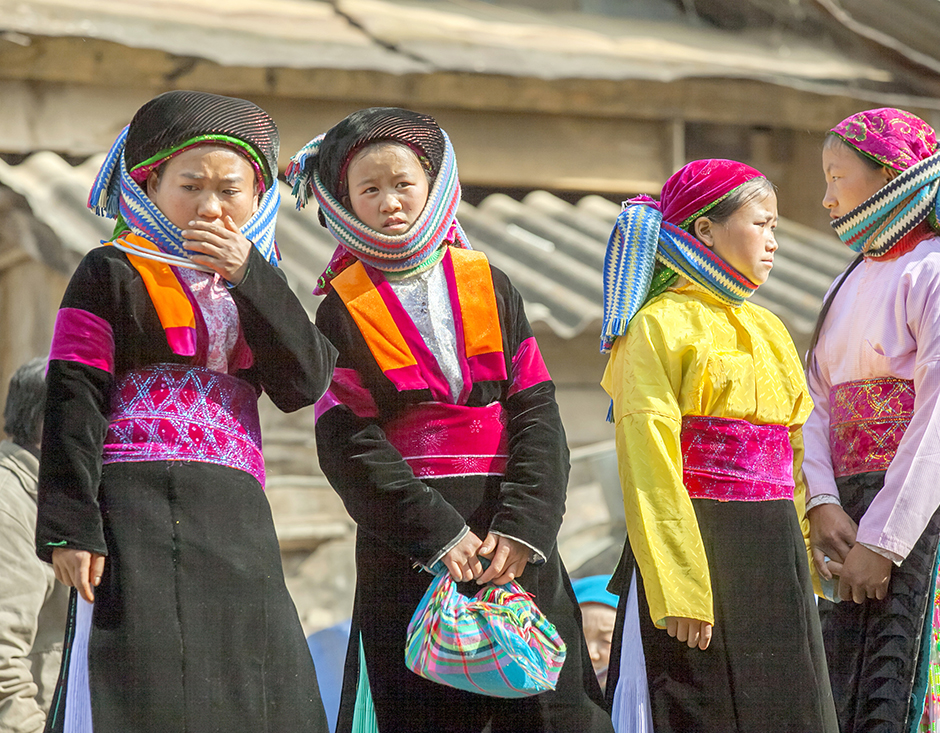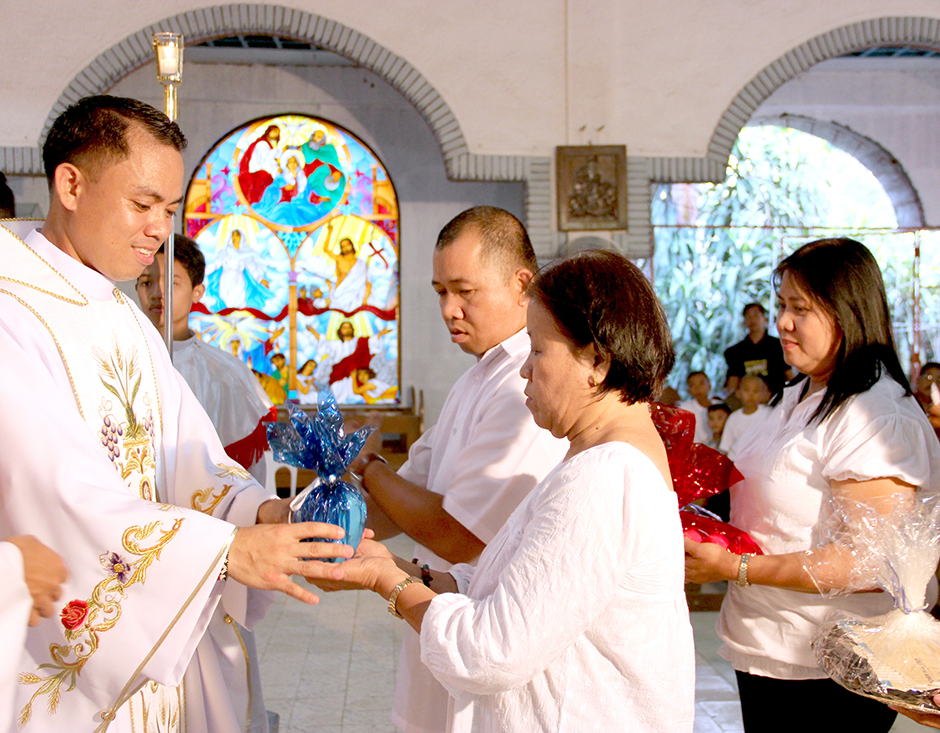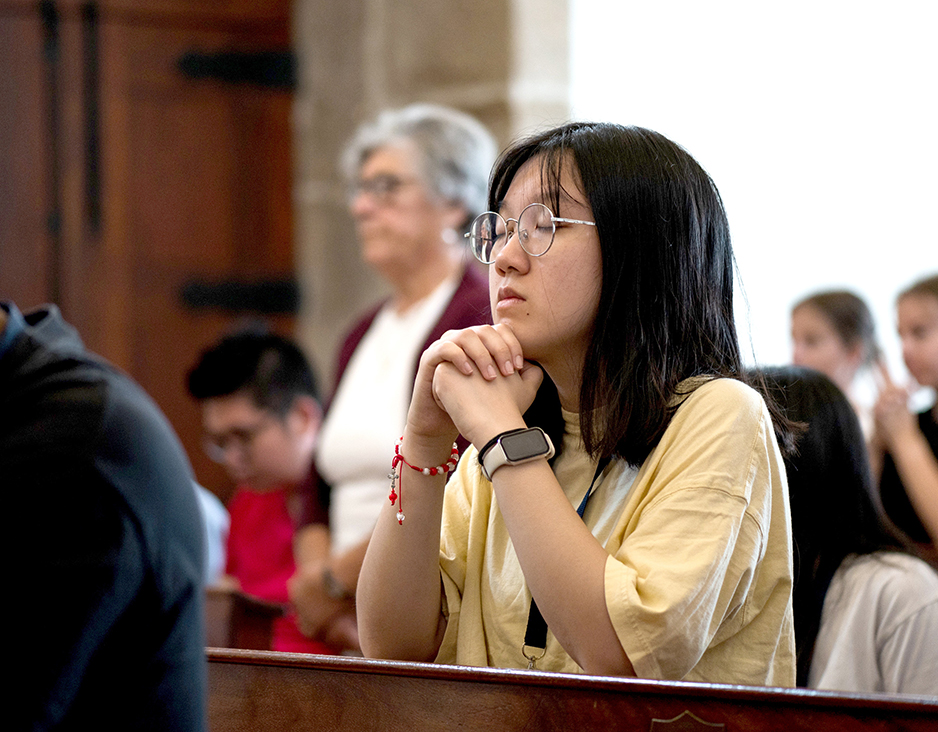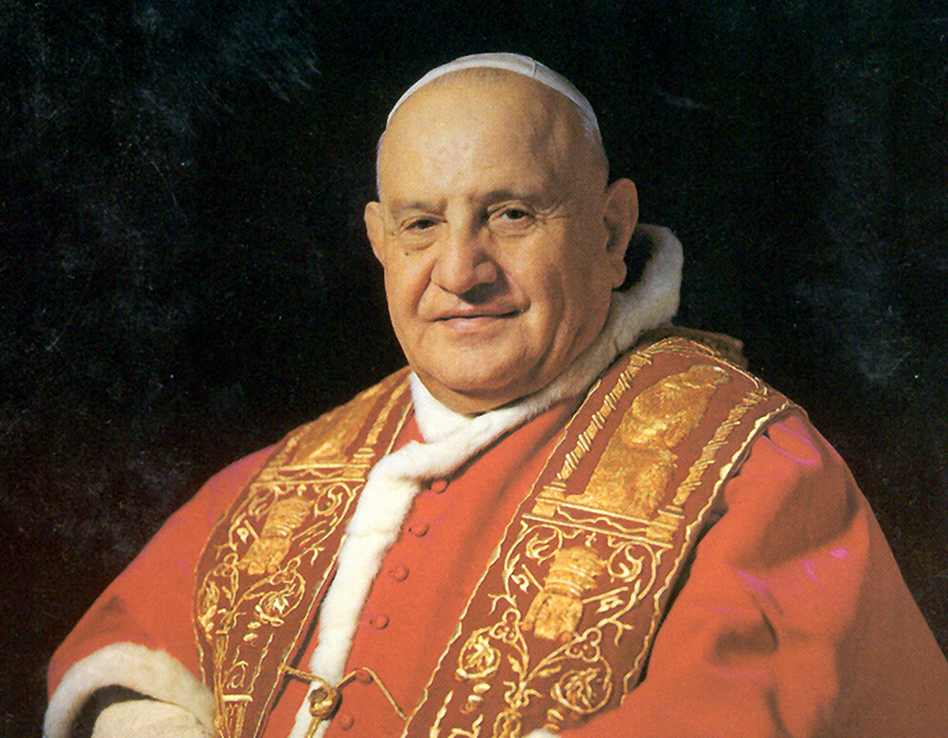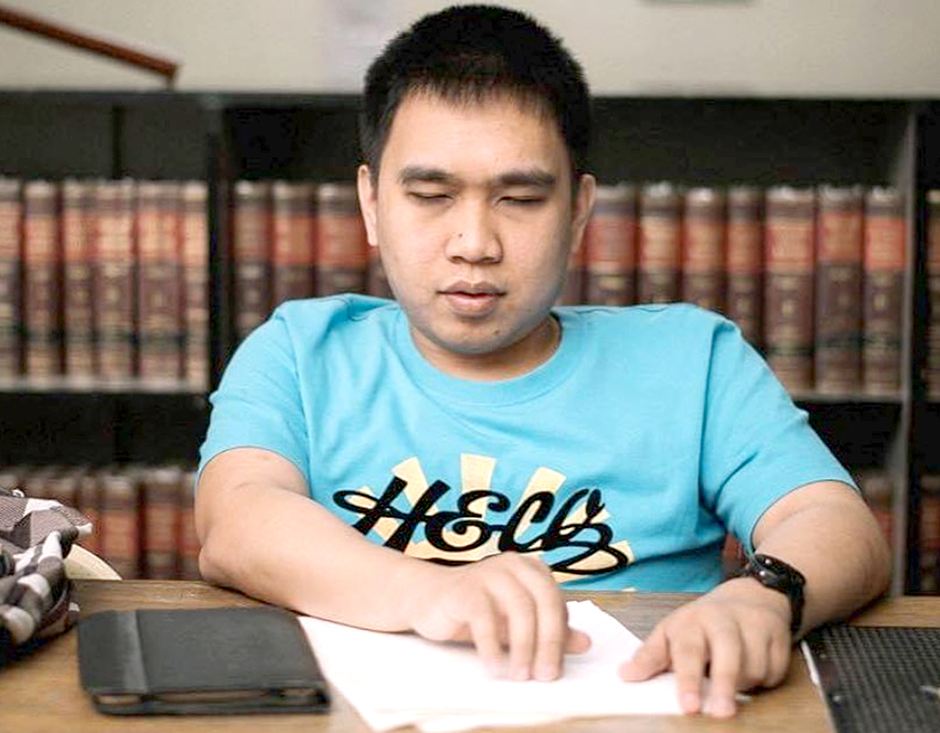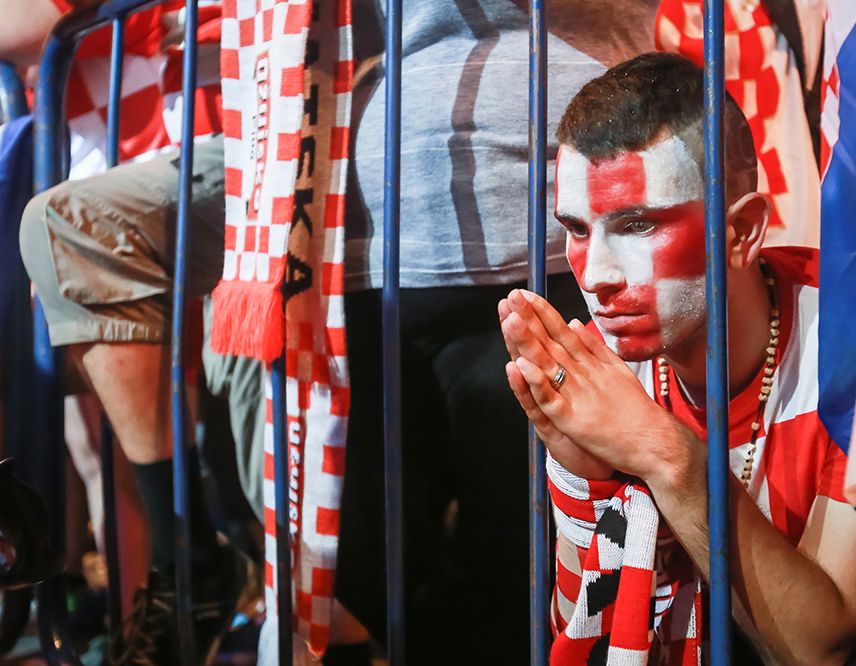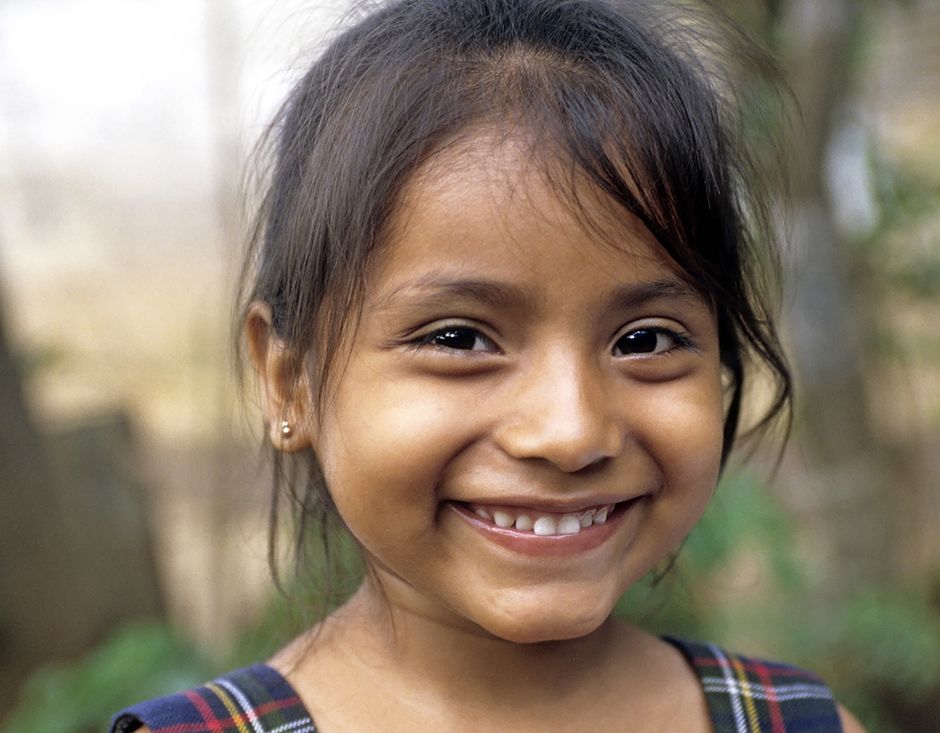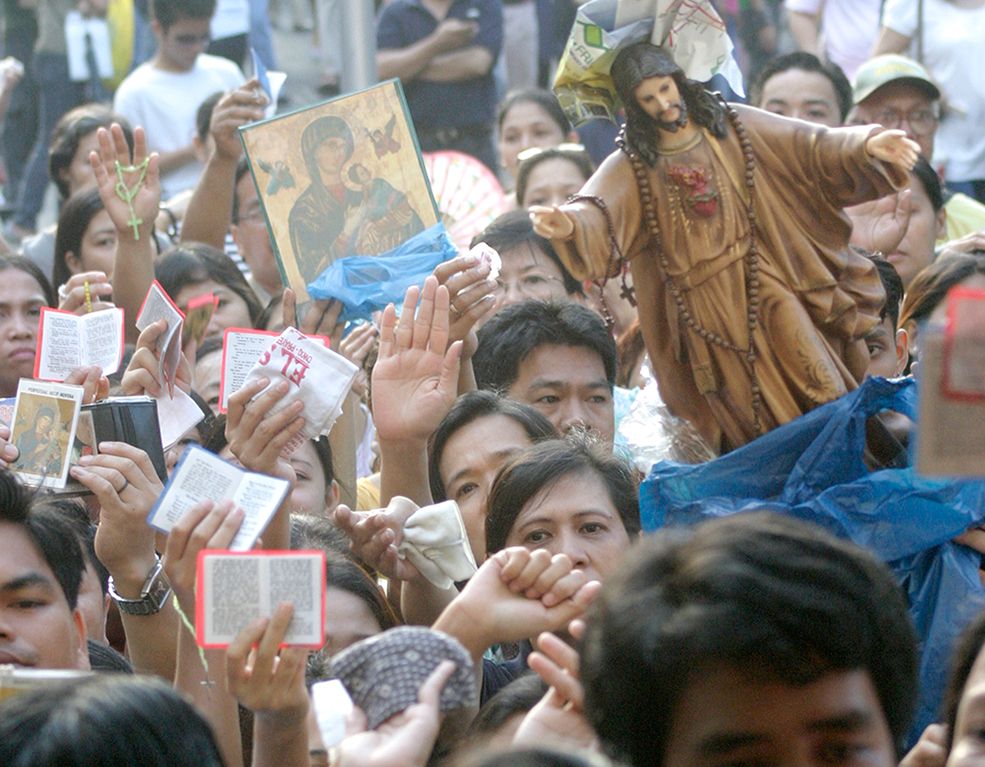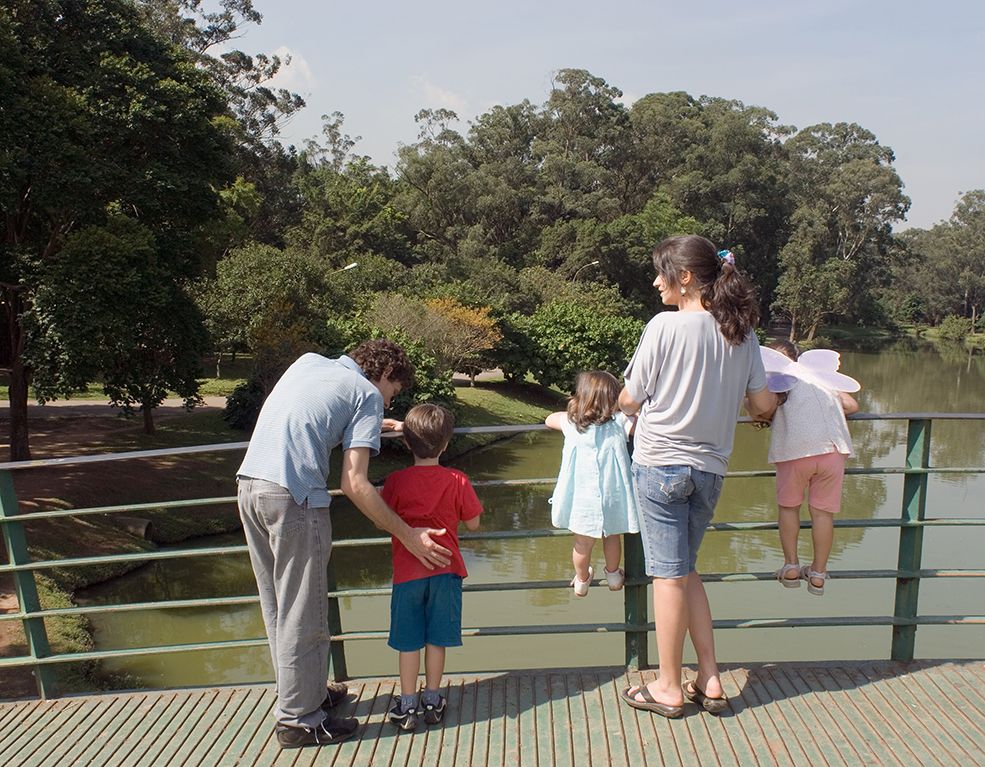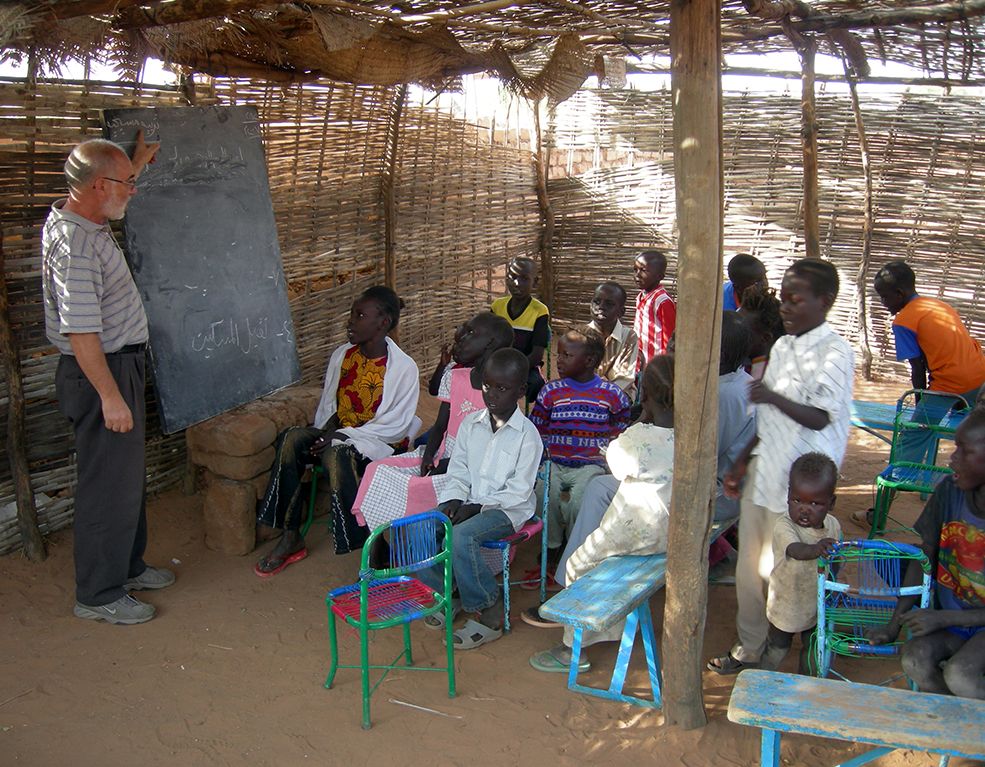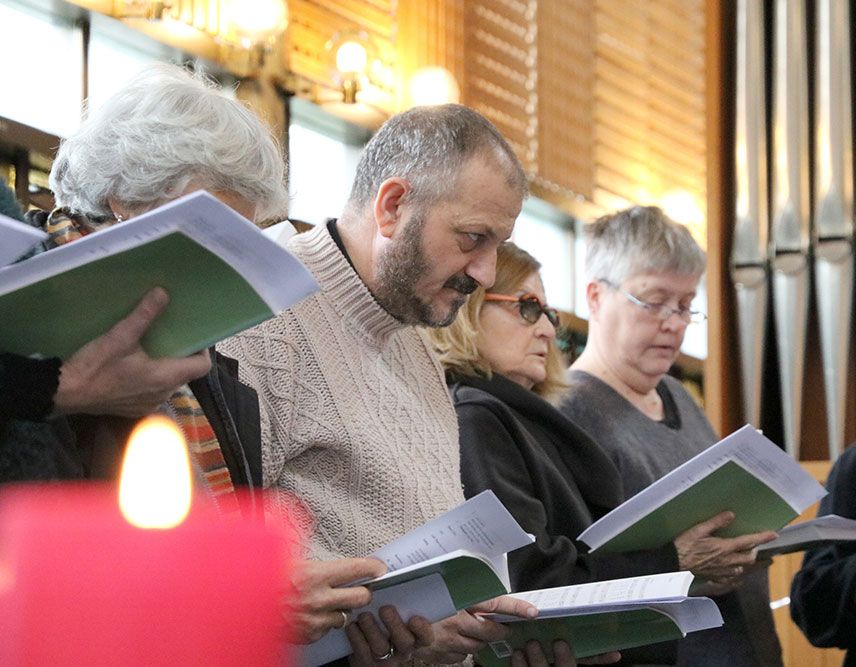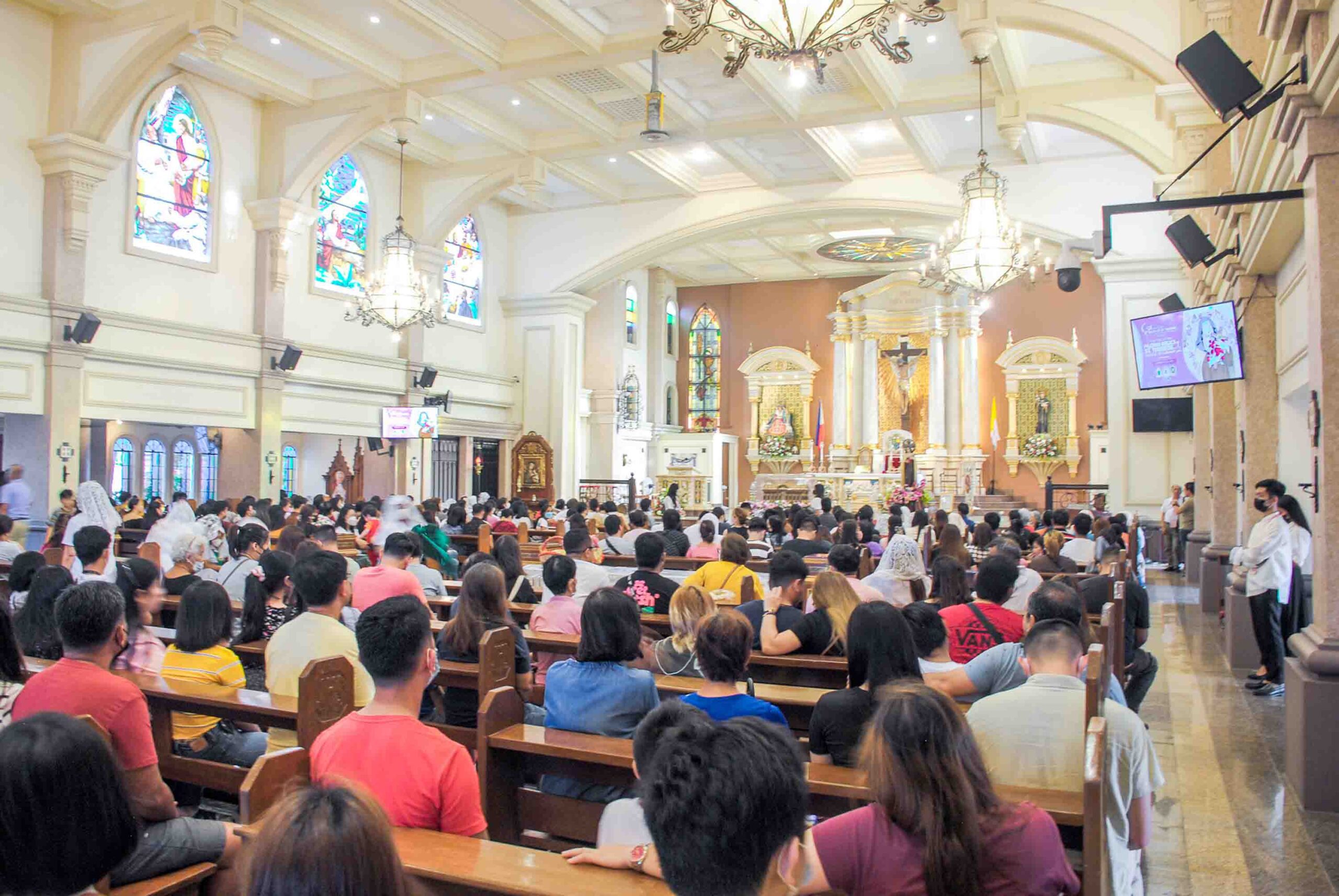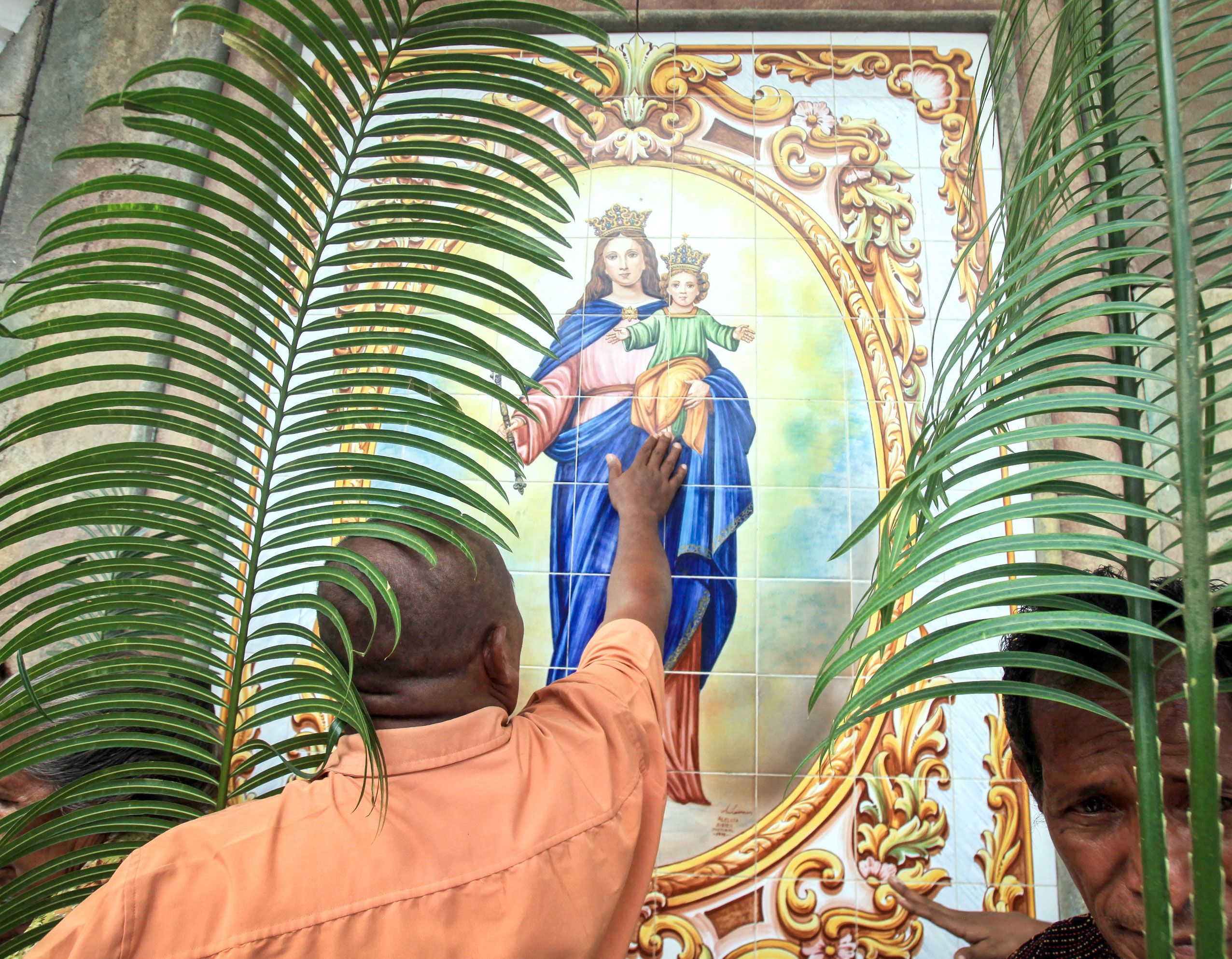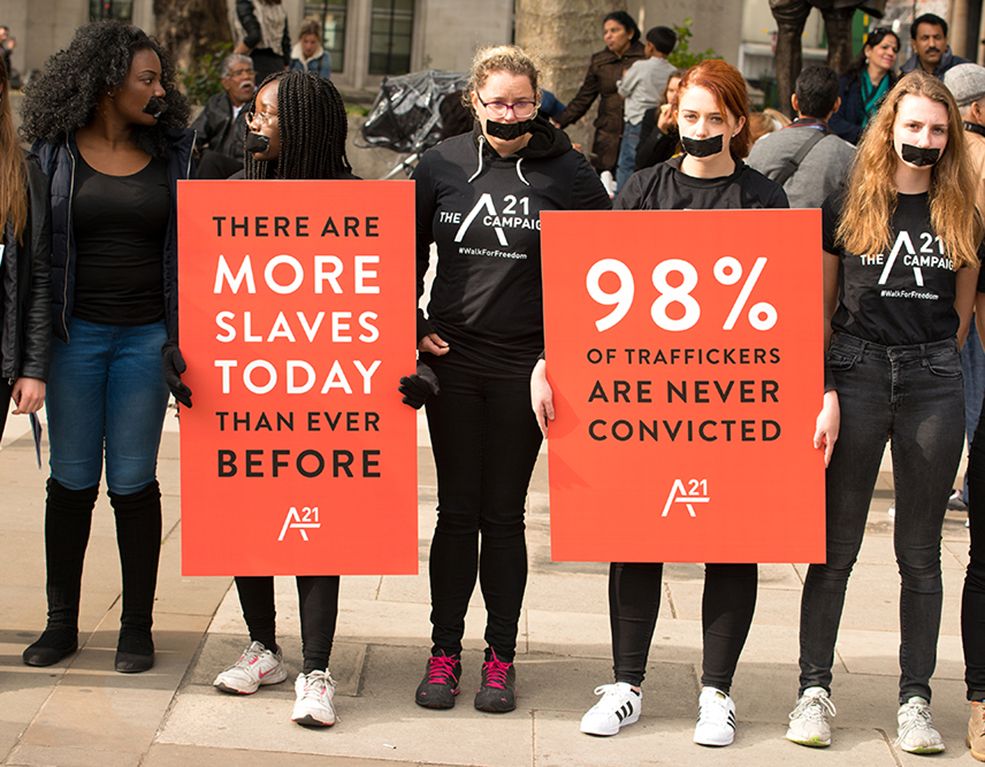Fratelli Tutti is lengthy (8 chapters of 43,000 words in 287 paragraphs); however, its sheer size should not eclipse its relevant and urgent message! A few of its key themes are the following: the renewal of human relationships on all levels of society, the call for peace and reconciliation, the revival of politics, the care for the earth our common home, and the establishment of cordial relations between Christianity and Islam, and religions at the service of human solidarity.
The individual chapters of Fratelli Tutti can serve as a walking tour of the encyclical. Chapter 1, “Dark Clouds over a Closed World,” summarizes numerous challenges facing humanity today. Pope Francis notes that “as society becomes ever more globalized, it makes us neighbors, but does not make us brothers” (n. 12). He also recalls that Francis of Assisi listened to God, the poor, the infirm, and nature; this seed planted by Francis needs to grow in our hearts (cf. n. 48).
LESSONS FROM THE GOOD SAMARITAN
The second chapter, entitled “A Stranger on the Road,” is a marvelous reflection on Jesus’ Good Samaritan parable (Luke 19:25-37). The Pope observes that this parable shows us that true community can only be built by men and women who identify with the vulnerability of others (cf. n. 67). Francis notes that there are many “injured” people in our world; he asserts that we must touch them, not only sympathize with them at a safe distance (cf. n. 76).
Chapter 3, “Envisioning and Engendering an Open World,” outlines a vision of human solidarity. Francis returns to the Good Samaritan parable and observes that those who passed by the wounded man were concerned with their duties, social status, and professional commitments. The wounded man on the roadside was only a “distraction” from their personal, important daily duties (cf. n. 101). All people must grow in human awareness; we need “the spark of universal consciousness” (n. 117).
Everyone needs “A Heart Open to the Whole World” as portrayed in Chapter 4. This means appreciating diverse peoples, cultures, religions, and values. It demands recognizing that all individuals are to be seen as gifts, bringing opportunities for enrichment and integral human development (cf. n. 133). Francis asserts: “We need to develop the awareness that nowadays we are all saved together, or no one is saved” (n. 137).
Three chapters summarize some urgent needs of humanity today: “A Better Kind of Politics” [5], “Dialogue and Friendship in Society” [6], and “Paths of Renewed Encounter” [7]. We can appreciate the multiple, insightful comments of Pope Francis. He notes that world politics must address hunger; discarded food constitutes a genuine scandal. “Hunger is criminal; food is an inalienable right” (n. 189).
TENDERNESS AS PATH OF CHOICE
Authentic politics needs to make room for the tender love of others. Tenderness is the path of choice for the most courageous men and women (cf. n. 194). Francis believes that “life, for all its confrontations, is the art of encounter” (n. 215); thus, we seek to promote the growth of the “culture of encounter,” seeking to transcend differences and divisions (cf. n. 215). It is important “to create processes of encounter, processes that build a people that can accept differences” (n. 217).
Here in Fratelli Tutti one finds numerous insights to facilitate authentic human encounters and foster community and solidarity. Genuine peace is only achieved through dialogue, reconciliation, and mutual development (cf. n. 229). As the Latin American bishops have noted: “The option for the poor should lead us to friendship with the poor” (n. 234). We must keep our historical memory alive, remembering tragedies like the Shoah, the atomic bombs dropped on Hiroshima and Nagasaki, and the slave trade (cf. n. 247-248).
The eighth and final chapter, “Religions at the Service of Fraternity in Our World,” portrays the pivotal contribution that the world’s diverse religions can make to building fraternity and defending justice in the wider society.
As we seek to grow in our faith and social commitment, we look for practical paths to make progress; certainly, reading and absorbing the deep insights of Pope Francis’ writings will profoundly enrich us. Consider Fratelli Tutti as a vast smorgasbord of fine food; taste and savor all its rich fare. One might read a chapter weekly, devote fifteen minutes to reflective meditation daily, or bring the whole encyclical to your annual retreat. Whatever your choice, commit to absorbing and implementing the vision and dreams of Pope Francis on fraternity and social friendship. Truly, you will discover that we are “fratelli tutti,” “brothers and sisters all”!
James H. Kroeger, MM, has served mission in Asia (Philippines and Bangladesh) for over five decades. He recently completed a new book, Walking with Pope Francis: The Official Documents in Everyday Language, a synthesis-popularization of ten of Pope Francis’ pivotal documents from 2013-2022; it is available from Orbis Books in New York as well as the Pauline Sisters in Manila and Nairobi.





